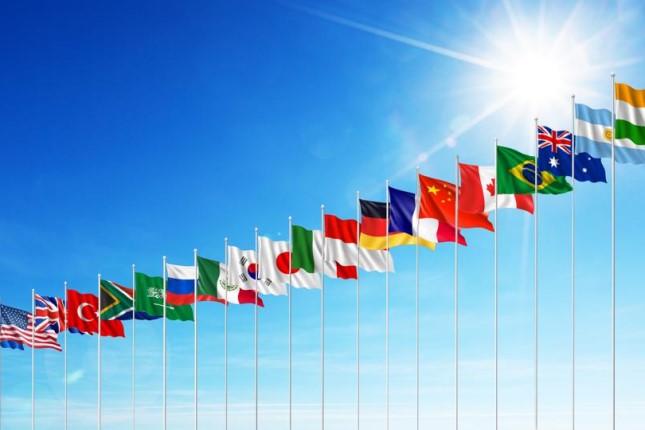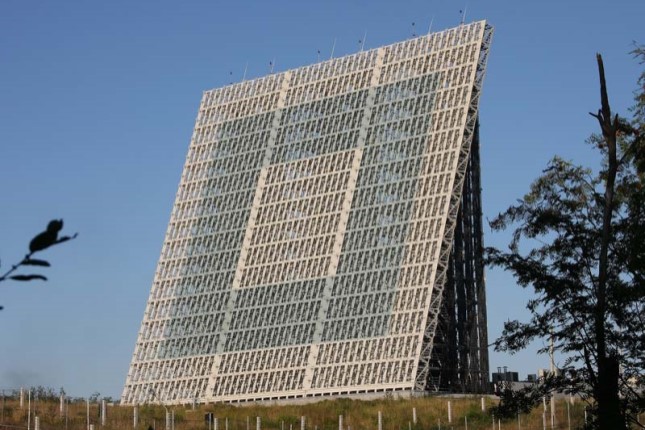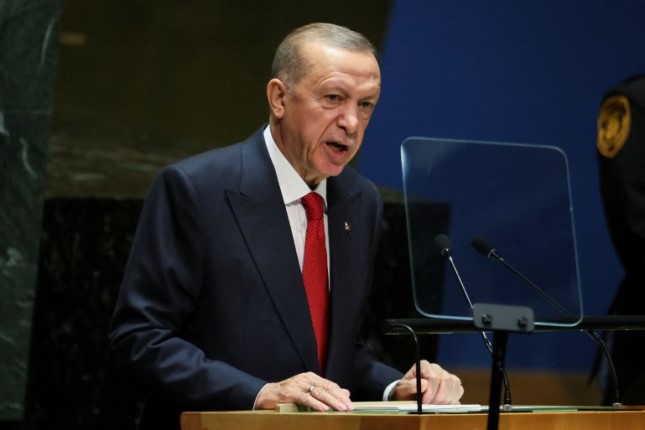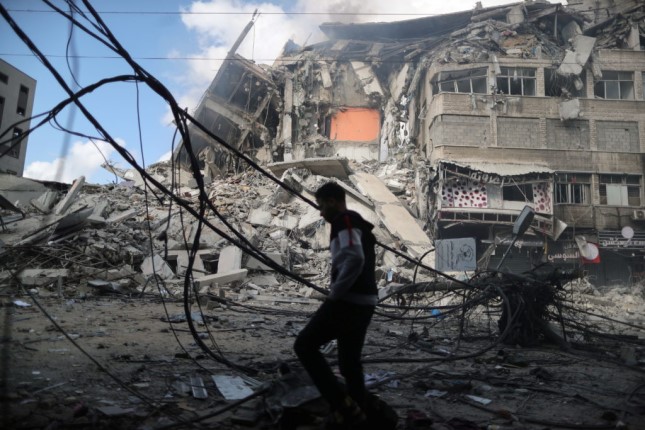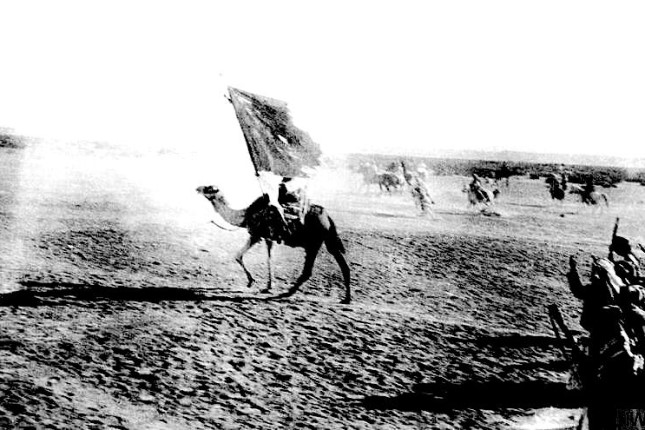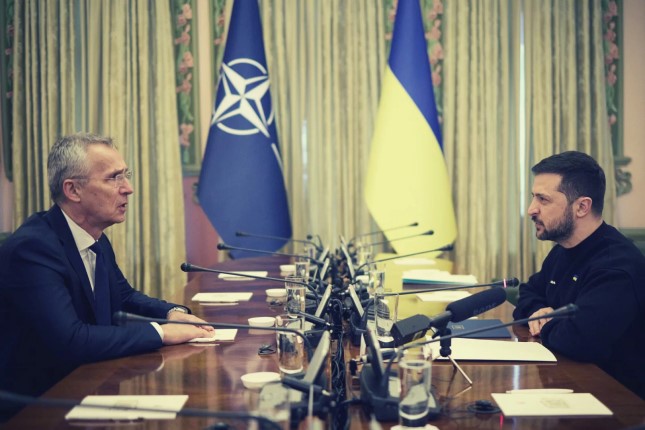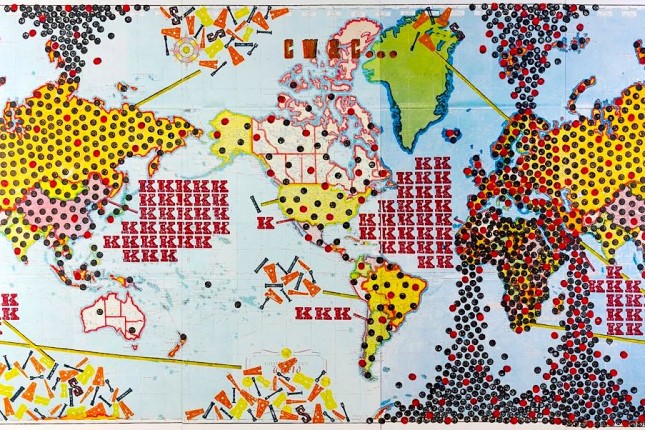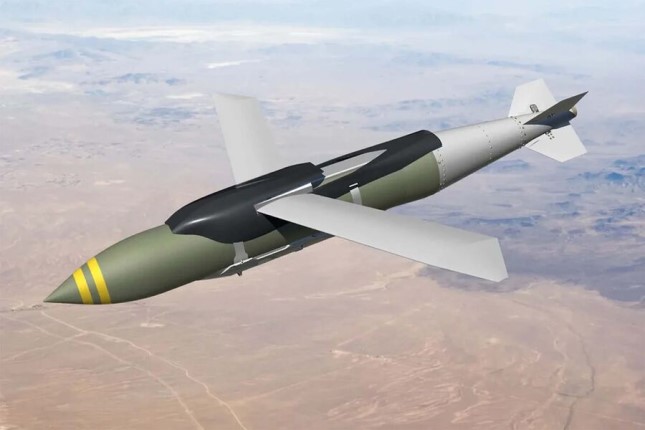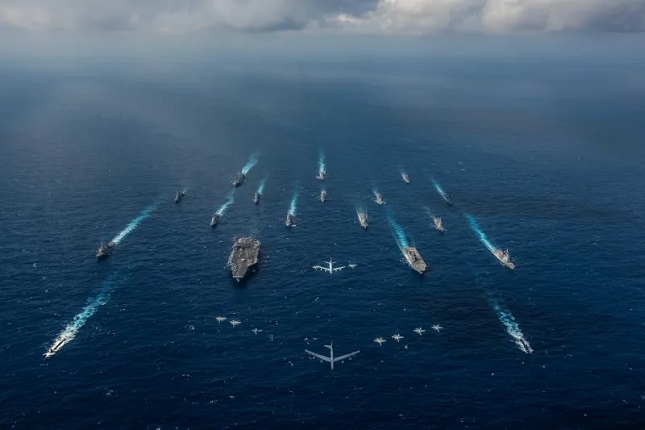Following what was widely seen as a humiliating failure to recruit developing countries for its war drive against Russia at the G20, the United States is preparing to further step up its involvement in the Ukraine war.
At the G20 summit over the weekend, the US and its allies agreed to remove language from the communique condemning the invasion of Ukraine, while accepting pledges from all members of the G20, including China and Russia, to work toward a “just peace” in the conflict.
“This is a climbdown,” Sarang Shidore, director of the Quincy Institute’s Global South program, told the Financial Times.
“If we were writing the text ourselves, it would look very different,” a senior EU official told the FT.
The disastrous outcome of the G20 meeting for the US and its allies followed the collapse of Ukraine’s spring offensive, which US intelligence agencies now recognize will fail to achieve its goals of reaching the Sea of Azov and cutting off the Crimean peninsula.
Despite the deaths of tens of thousands of Ukrainian troops, Ukrainian forces have only advanced a few miles.
On Monday, Reuters reported that the United States is preparing to approve the sending of long-range ATACMS missiles, capable of striking hundreds of miles behind Russian lines and putting the capital city at risk of attack.
Reuters reported, “The Biden administration is close to approving the shipment of longer-range missiles packed with cluster bombs to Ukraine, giving Kyiv the ability to cause significant damage deeper within Russian-occupied territory.”
Simultaneously, the NATO alliance is moving closer toward direct military intervention in the conflict. On September 10, the UK government announced that UK fighter aircraft are flying missions to protect Ukrainian grain shipments over the Black Sea.
The Prime Minister’s office issued a statement saying, “RAF aircraft are conducting flights over the area to deter Russia from carrying out illegal strikes against civilian vessels transporting grain.”
After the breakdown of the Black Sea grain deal, Russia has announced that it could potentially target civilian ships transporting grain through the Black Sea.
The UK’s announcement creates the conditions for a direct clash between NATO and Russian forces, whether accidental or intentional, over the Black Sea.
Separately, on Sunday, the Financial Times reported that NATO plans to launch the largest military exercise since the Cold War next year, involving 40,000 troops in an exercise simulating war with Russia.
The so-called Steadfast Defender war game “comes as part of NATO’s rapid push to transform from crisis response to a war-fighting alliance,” the FT noted in reporting the exercise.
The FT reported that the exercise will begin in spring and will involve up to 700 air combat missions and over 50 ships, in “maneuvers against an enemy modeled on a coalition led by Russia.”
Sweden, which recently became a NATO member, will also participate in the war games, bringing the total number of countries involved to over 30. The war games will take place throughout Germany, the Baltics, and Poland.
NATO is currently expanding the number of its forces on high alert from 40,000 to over 300,000 as part of its transformation into a “war-fighting alliance.” At the Vilnius NATO summit in July, NATO approved the creation of the “Allied Reaction Force,” further expanding the number of “high-readiness” forces at its disposal.
These processes have involved the large-scale expansion of the number of troops stationed on Russia’s eastern flanks, as well as the pace of military exercises in Eastern Europe.
On Monday, the Wall Street Journal reported that the United States has begun carrying out joint training exercises with Armenia, a former member of the Soviet Union.
The Journal reported that US troops began 10 days of joint exercises, involving approximately 175 Armenian soldiers and 85 soldiers from the U.S.
The Ukrainian “counteroffensive” has resulted in an enormous military debacle, but the United States has staked its entire prestige on its goal of inflicting a “strategic defeat” on Russia. Last week, Secretary of State Antony Blinken traveled to Kyiv to pledge to continue the war “for as long as it takes.”
In May, following the Russian victory in Bakhmut and the US decision to send F-16 fighter jets to Ukraine, the World Socialist Web Site asked, “How will the United States respond to this latest debacle? How much further can Washington escalate? Can anyone doubt that, following the dispatch to Ukraine of advanced fighter jets, demands will emerge in the press for Biden to send ‘defensive’ nuclear weapons to Ukraine, or even for NATO troops, whether in the skies or on the ground, to become directly involved in the fighting?”
With the failure of Ukraine’s counteroffensive, and the major setbacks suffered by the US at the G20, this question becomes all the more urgent.
Source: World Socialist Web Site.
